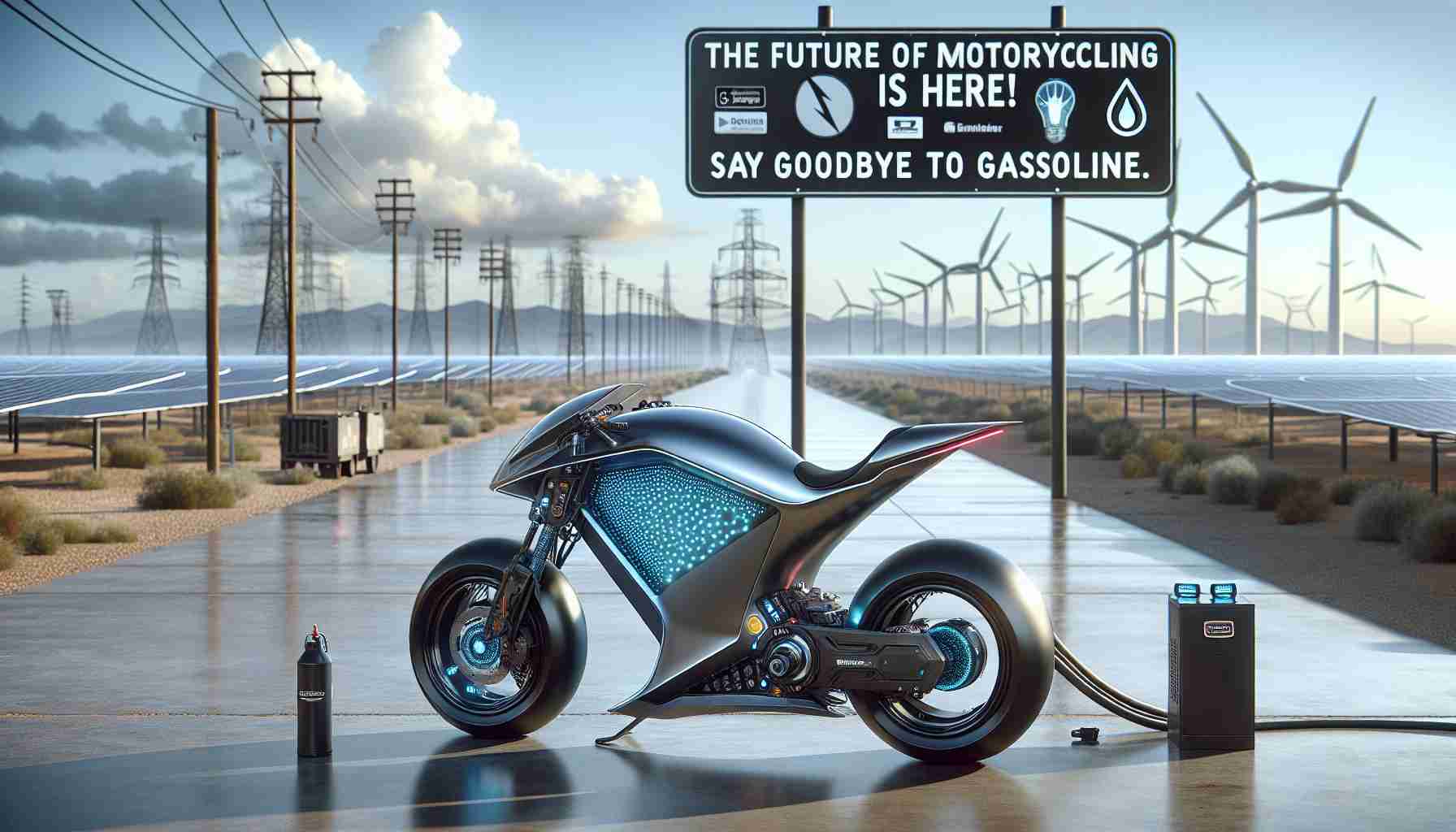
Electric motorcycles are transforming the way we think about transportation. With a growing emphasis on sustainability and a leap in battery innovations, this market is rapidly thriving.
The electric motorcycle industry, valued at an impressive $31.5 billion in 2021, is projected to soar to $57.44 billion by 2029, achieving a remarkable CAGR of 7.80%. Notably, models operating on 48-60 Volts dominate the market, particularly as they gain traction in developed countries.
The evolution of electric motorcycles took root with basic models, but advancements in technology have paved the way for high-performance alternatives. Today’s offerings not only compete with traditional gas bikes but also feature enhanced battery efficiency and shorter charging times, driven by the introduction of lithium-ion and solid-state technologies.
Current trends highlight the focus on battery enhancements, supporting sustainable transportation goals globally. Governments incentivize adoption through various rebates and subsidies. Furthermore, innovative features like GPS integration and real-time analytics cater to the modern rider’s needs, alongside a range of customizable options that appeal to diverse consumer preferences.
The electric motorcycle market is rapidly expanding, driven by rising urbanization and increasing fuel costs. The push for electric mobility, paired with significant investments in research and development, signifies a promising future for electric motorcycles as an eco-friendly commuting solution. As awareness of the environmental impact grows, so does the appetite for these revolutionary vehicles.
Revolutionizing the Ride: The Future of Electric Motorcycles
The Surge of Electric Motorcycles
Electric motorcycles are not just an alternative to traditional transport; they are a transformative force reshaping urban mobility. As the global focus shifts towards sustainability and eco-friendly transportation solutions, the electric motorcycle industry is experiencing unprecedented growth. Valued at $31.5 billion in 2021, the market is anticipated to climb to $57.44 billion by 2029, with a significant CAGR of 7.80% alongside technological innovations in automotive battery systems.
Key Features and Innovations
Modern electric motorcycles are distinguished by several key features:
– Advanced Battery Technology: Innovations in lithium-ion and solid-state batteries have led to improved performance. These new batteries offer greater energy density, which translates to longer ride times and shorter charging periods.
– Smart Connectivity: Today’s electric bikes are equipped with features like GPS integration, allowing riders to navigate efficiently, and real-time analytics that track performance metrics (battery life, speed, and mileage).
– Customizability: Many manufacturers are offering options that allow riders to personalize their motorcycles, enhancing user engagement and satisfaction.
Pros and Cons of Electric Motorcycles
# Pros:
– Environmental Impact: Electric motorcycles produce zero emissions, contributing significantly to reducing air pollution.
– Cost-Effective: Lower operational costs compared to gasoline-powered bikes, and incentives from governments can offset purchase prices.
– Performance: Many electric models now rival their gas-powered counterparts in speed and agility, thanks to advancements in design and technology.
# Cons:
– Range Anxiety: While battery technology is improving, some riders may still worry about the distance they can travel before needing a recharge.
– Charging Infrastructure: The availability of charging stations can be limited in certain areas, impacting usability for long-distance riders.
– Initial Costs: Although operational costs are lower, the initial purchase price for electric motorcycles can still be high compared to traditional models.
Market Insights and Predictions
– Urbanization Trends: As urban areas continue to grow, the demand for efficient, easy-to-park transport options is increasing, making electric motorcycles an appealing choice for city dwellers.
– Rising Fuel Prices: With fluctuating fuel costs, consumers are increasingly turning towards electric options that promise significant savings in the long run.
– Government Support: Many governments worldwide are providing incentives for electric vehicle adoption, including tax rebates, making electric motorcycles more accessible to the general public.
Use Cases
Electric motorcycles are ideal for various use cases, including:
– Urban Commuting: A practical solution for navigating crowded city streets with ease.
– Delivery Services: Companies are adopting electric motorcycles for goods delivery, realizing both practical and environmental benefits.
– Recreational Riding: As performance improves, more riders are using electric motorcycles for leisure activities and sport.
Conclusion and Future Trends
As the electric motorcycle sector continues to evolve, it shows no signs of slowing down. With significant investments made in research and development and a growing emphasis on environmental sustainability, electric motorcycles are set to play a crucial role in the future of transportation. As awareness of their benefits increases, the appetite for these innovative vehicles will only continue to grow, likely leading to a rapid expansion of models available in the market.
For more insights into the electric motorcycle industry, visit our main page.